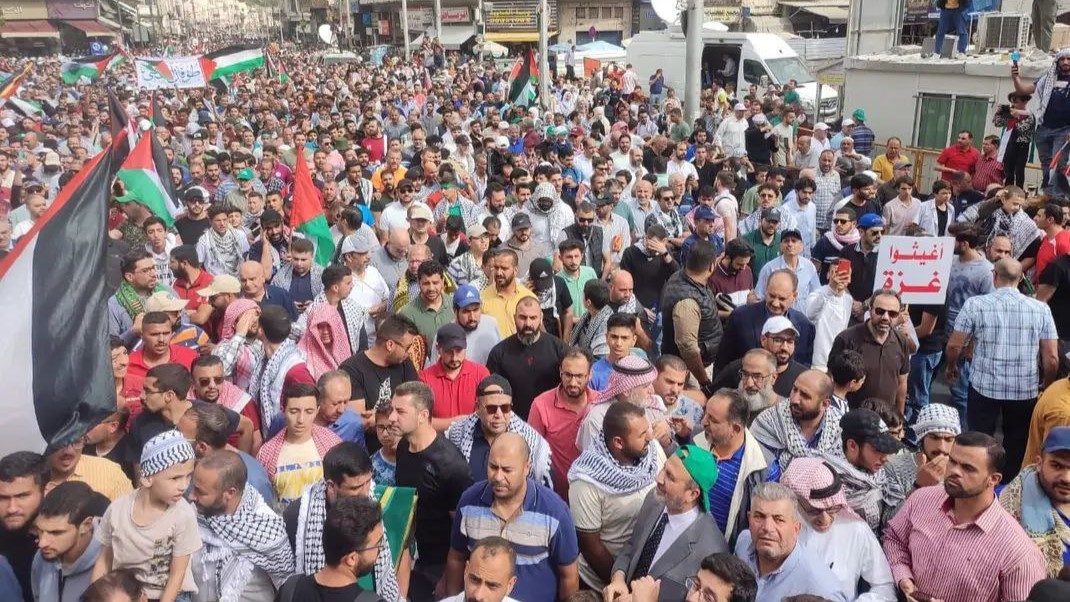Israel’s relentless bombing in Gaza and increased attacks on Palestinians in other occupied territories has led to strong responses from regional players. Ranging from condemnations by different governments to threats of armed interventions by different militant groups, Israel has attracted the ire of its neighbors.
The United States has not been spared either, because of its diplomatic and military support to Israel’s attempted genocide. An increasing number of attacks on US bases across the region indicates discontentment in the region and rising challenges to the US, albeit limited.
Israel’s relentless airstrikes in the besieged Palestinian territory have killed over 7,650 people and injured over 20,000 others since October 7. 3,000 of those killed were children.
As more than a million Palestinians lose their homes and are forced to live in temporary shelters without enough food, medicines or electricity, owing to Israel’s siege, the war on Gaza threatens to acquire region-wide dimensions.
US fears regional escalations
Ever since the beginning of the current round of Israeli bombardments inside Gaza, the US has maintained that it is necessary to restrict the violence inside the Palestinian territories. The US fears that any regional escalation will harm its geo-political interests including its presence there and may kill all prospects of the normalization of Arab-Israel relations. The point was repeated during the repeated visits of the top US officials in the region including the US President Joe Biden.
In the very first week of Israeli bombing, the US deployed its warships in the region openly warning the Lebanese resistance force, Hezbollah, to not interfere. Yet, Israeli forces have clashed with Hezbollah on several occasions since October 7. Those clashes have led to the killing of scores of fighters on both sides and forcing Israel to evacuate thousands from the settlements on the border.
Meanwhile, the Houthi forces in Yemen have also issued a warning against Israeli genocide of Palestinians. It reportedly fired some rockets towards the Red Sea, allegedly targeting Israel, which were shot down by the US navy in the region. The Houthi rocket fire against Israel was repeated this past week as well.
Apart from the responses from armed groups in the region, states such as Iran and Syria have openly supported the Palestinians’ right to resist. Syria, in response, has been targeted by the fresh Israeli missile attacks at several locations including airports in Aleppo and Damascus and villages in Darra province.
The response from other Arab states, including some of those who had signed the Abraham Accords under US pressure, such as Bahrain and the UAE, has been to strong condemn the violence carried out by Israel. Some of them have questioned the US narrative of Israel’s so-called “right to self defense” and asked for immediate ceasefire and attempts to revive the prospects of a two-state solution.
Egypt has refused to accept the displacement of Palestinians out of Gaza to Egypt, despite US and Israeli pressures to do so. President Abdel Fattah al-Sisi even accused Israel of trying to force Palestinians to become refugees in his country with no prospects of going back.
“The right to self defense is not a right to impunity; Israel cannot remain above the law,” Jordanian deputy prime minister Ayman Safadi said in the UN on Friday.





